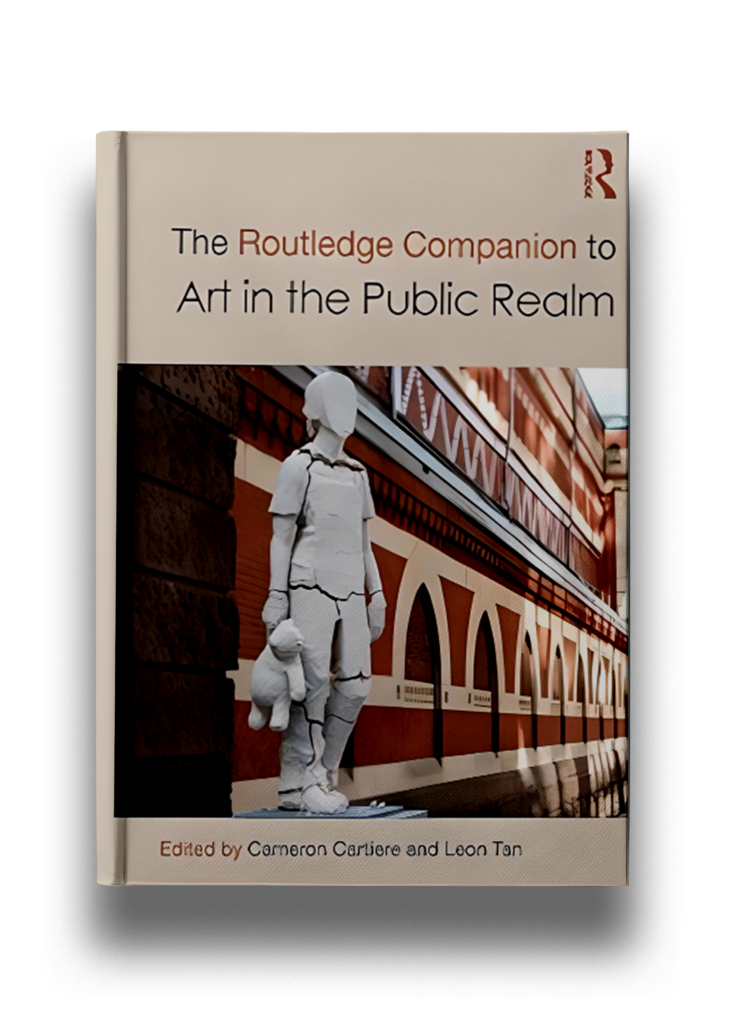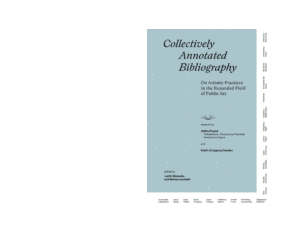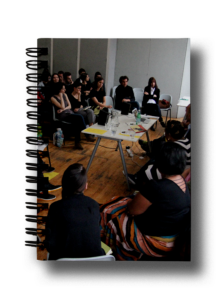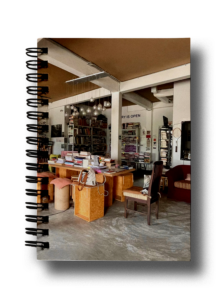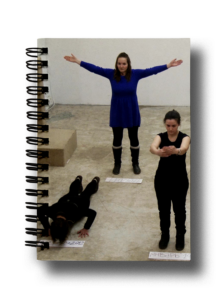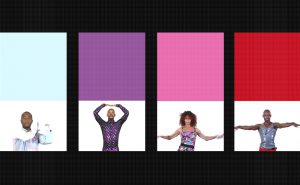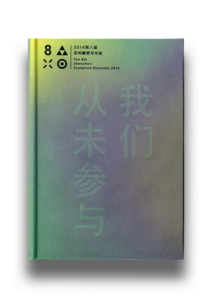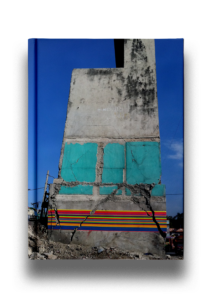Year
2020
Publisher
Routledge
Author
Cameron Cartiere
Leon Tan
Annotation
The Routledge Companion to Art in the Public Realm is an upcoming anthology that brings together contributions from across a wide range of disciplines with a view to addressing a significant lacuna in the field of public art and social practice. The book is organised around four distinct topics: activation, social justice, memory and identity and ecology.
LU Pei-Yi
...art as protest is not merely a form of symbolic dissent within the art world. Instead, it acts as a platform or vehicle for certain values, and is a new form of social practice that potentially engender social and political change. It also highlights an individual’s right to live and their concerns surrounding social justice. Art as protest not only creates a space for public discussion but also performs democracy within the society.
